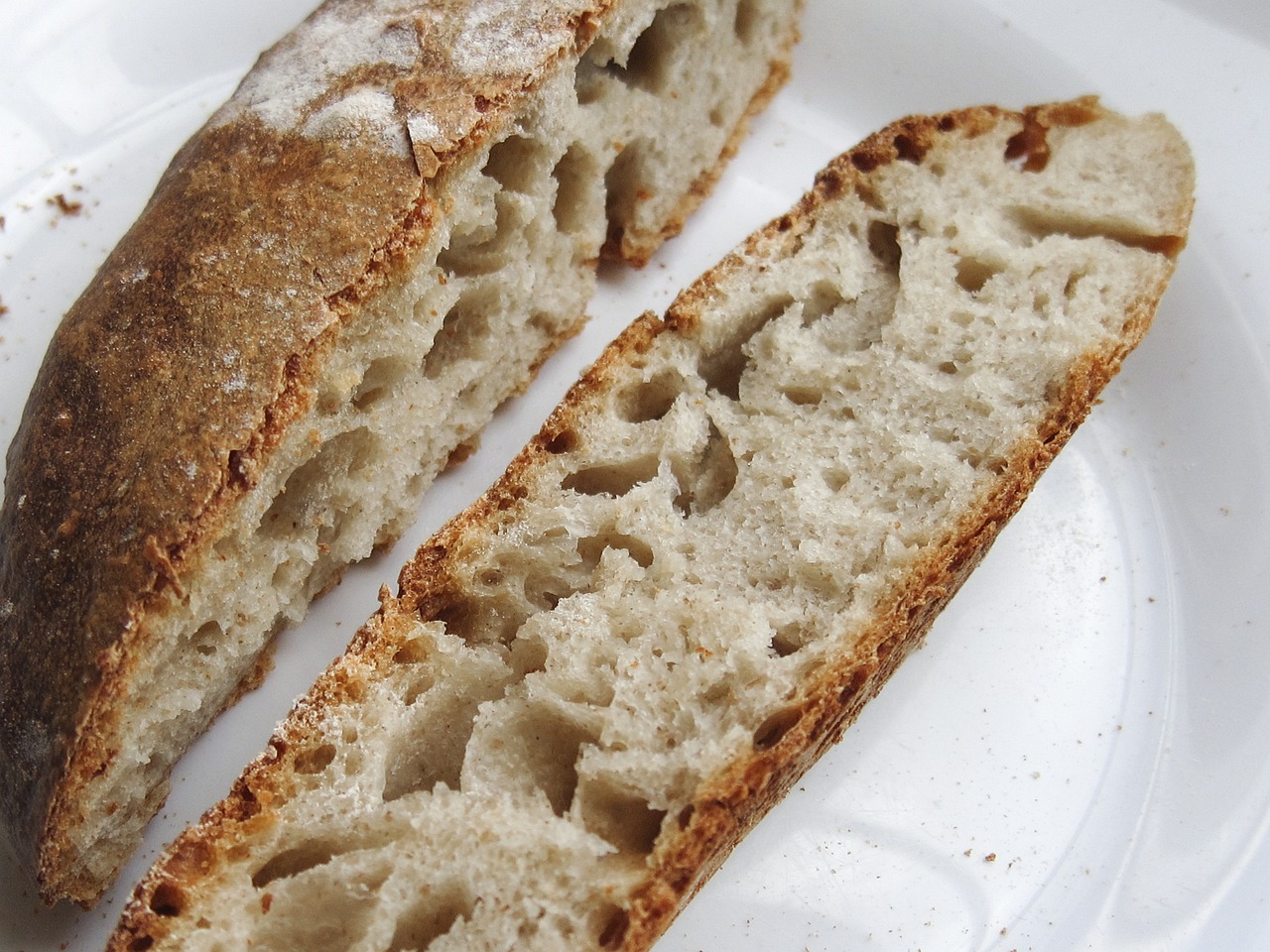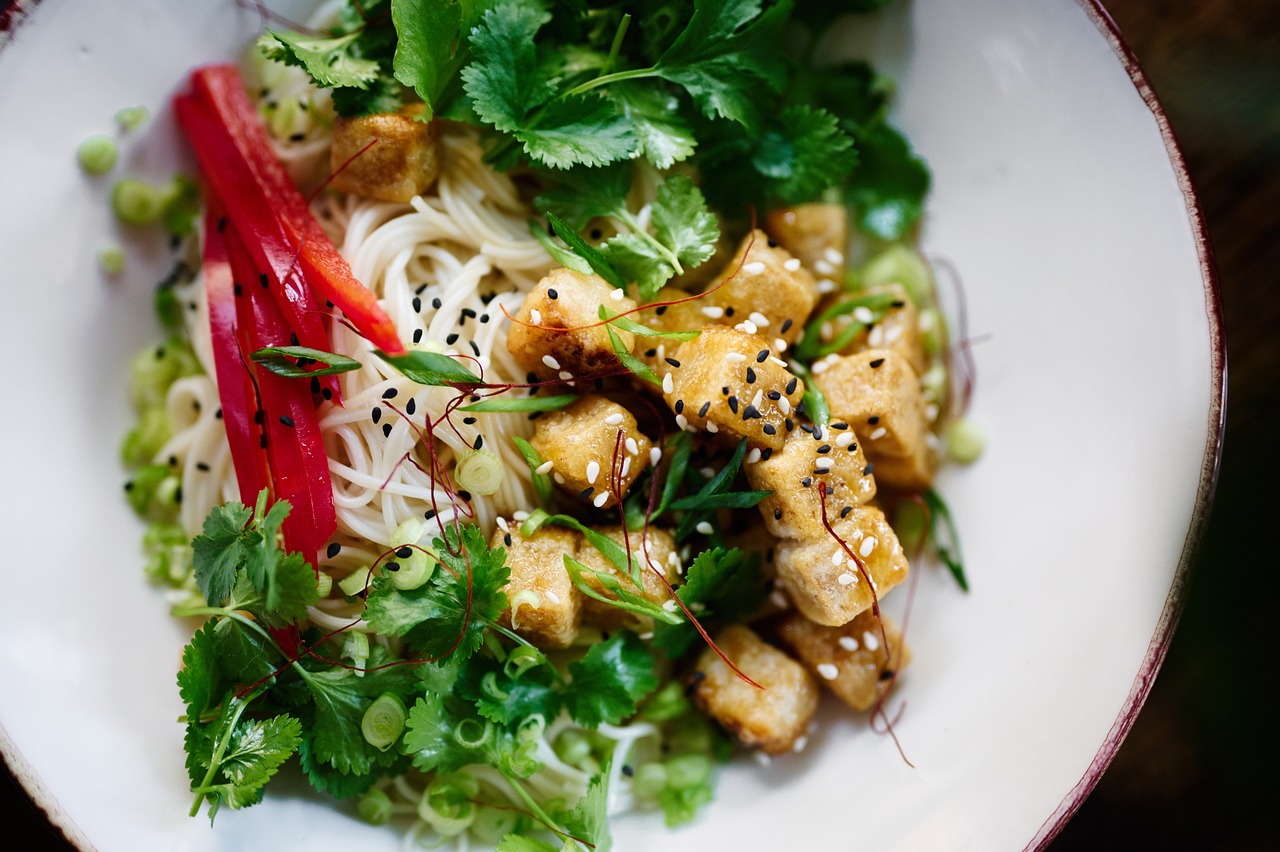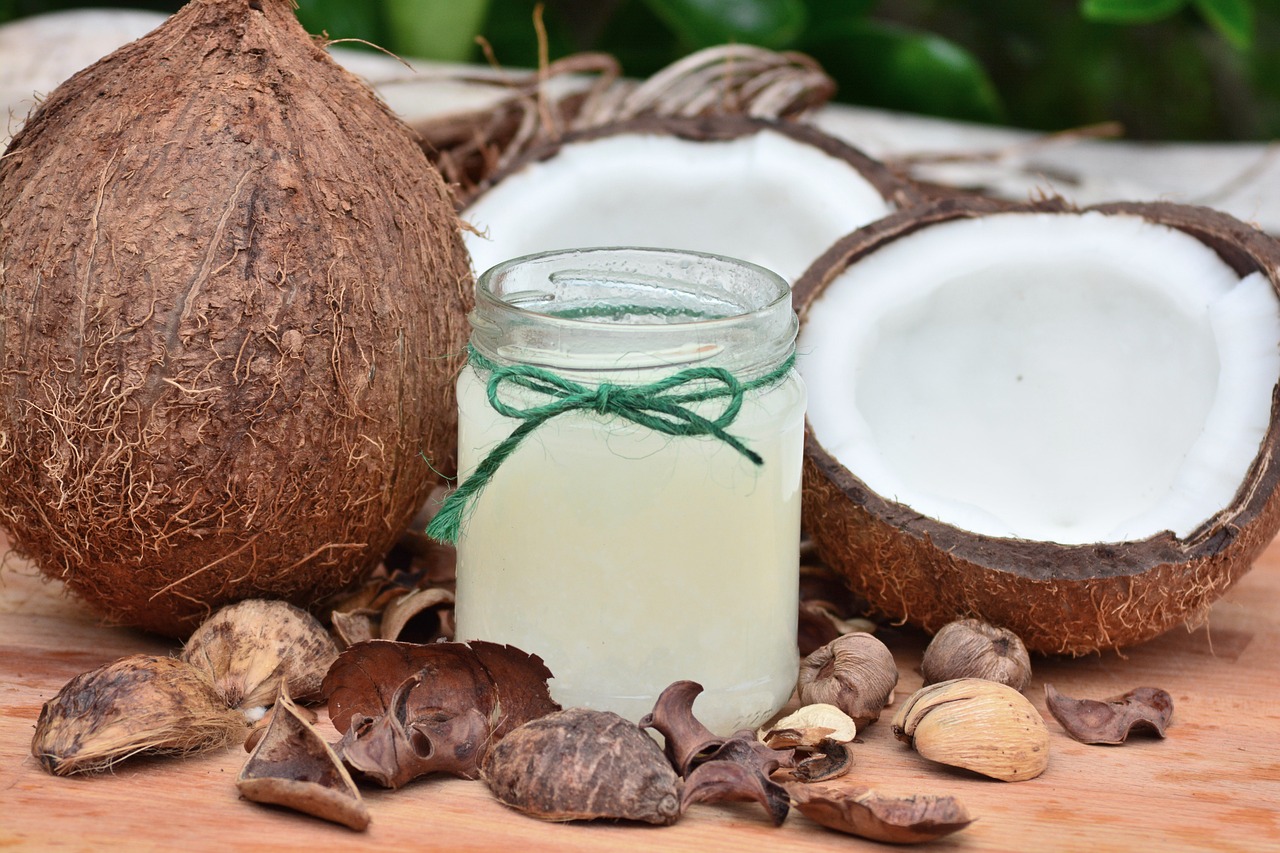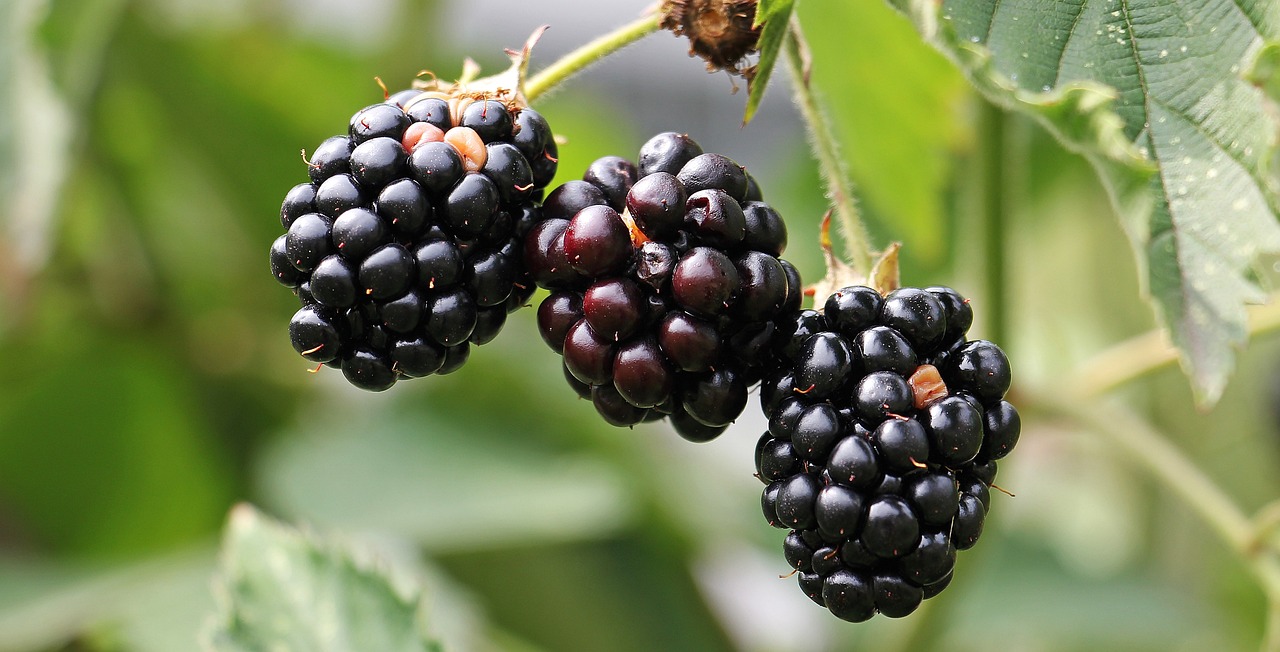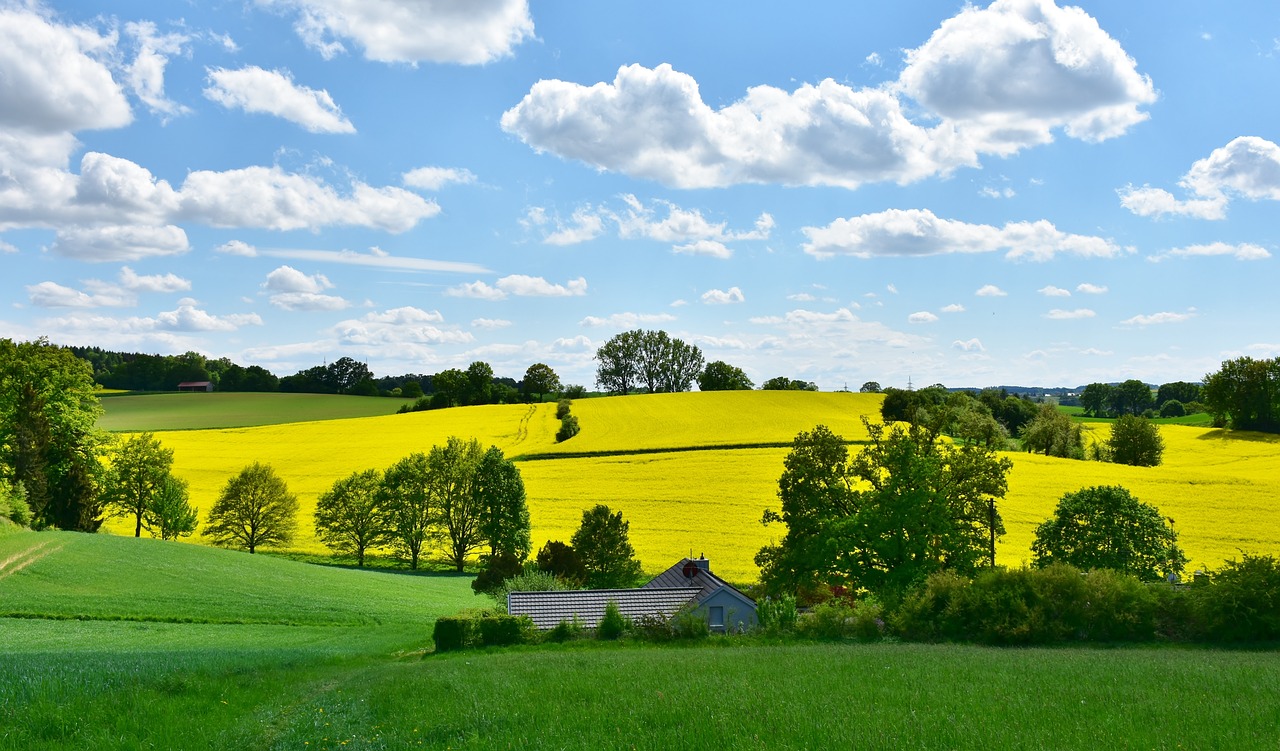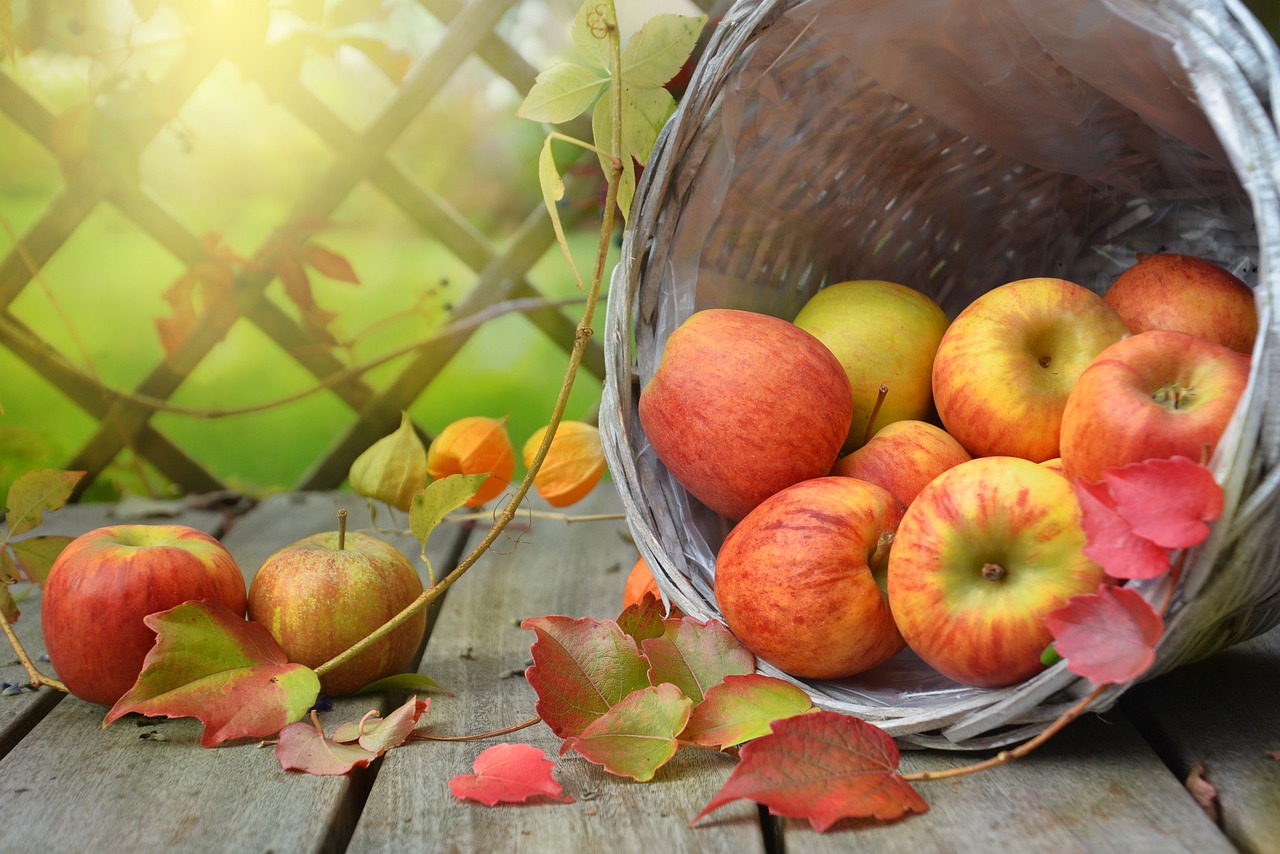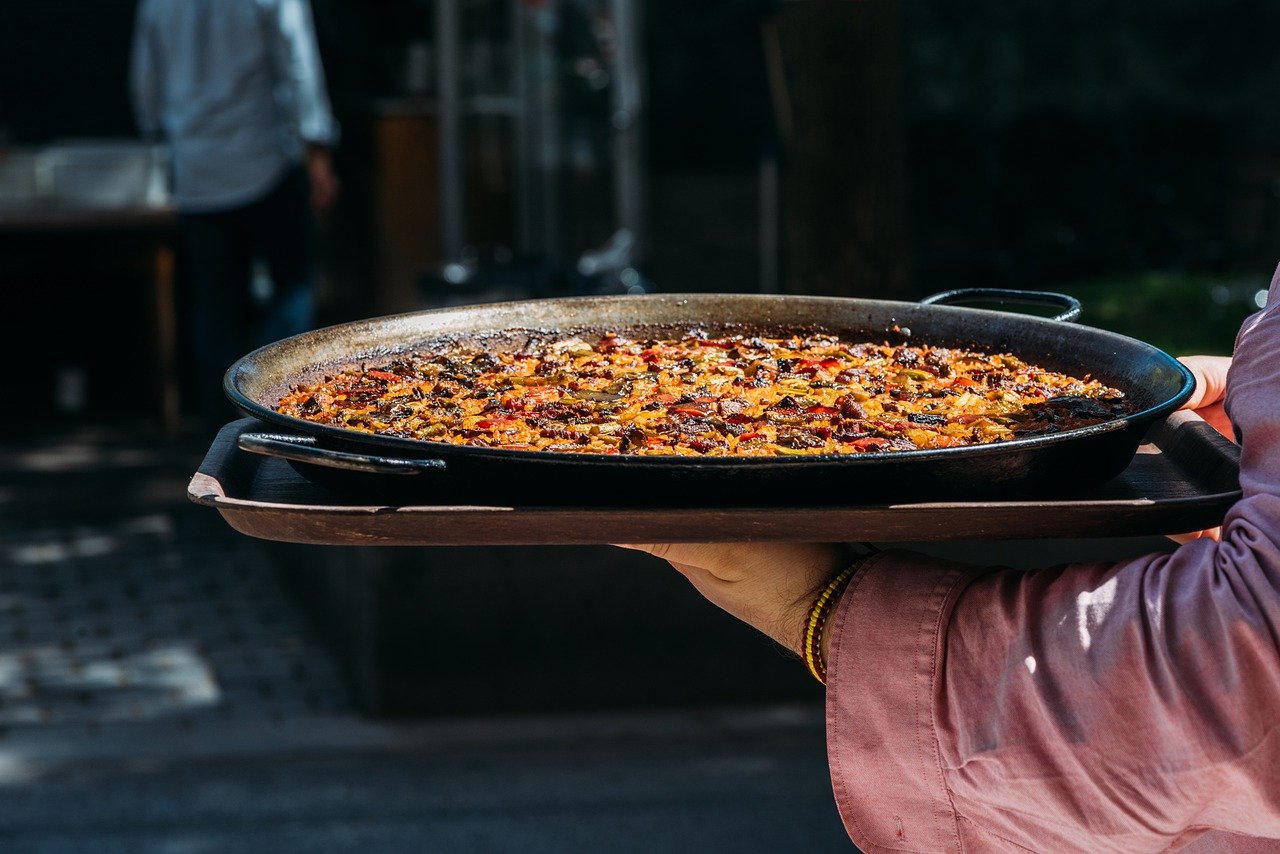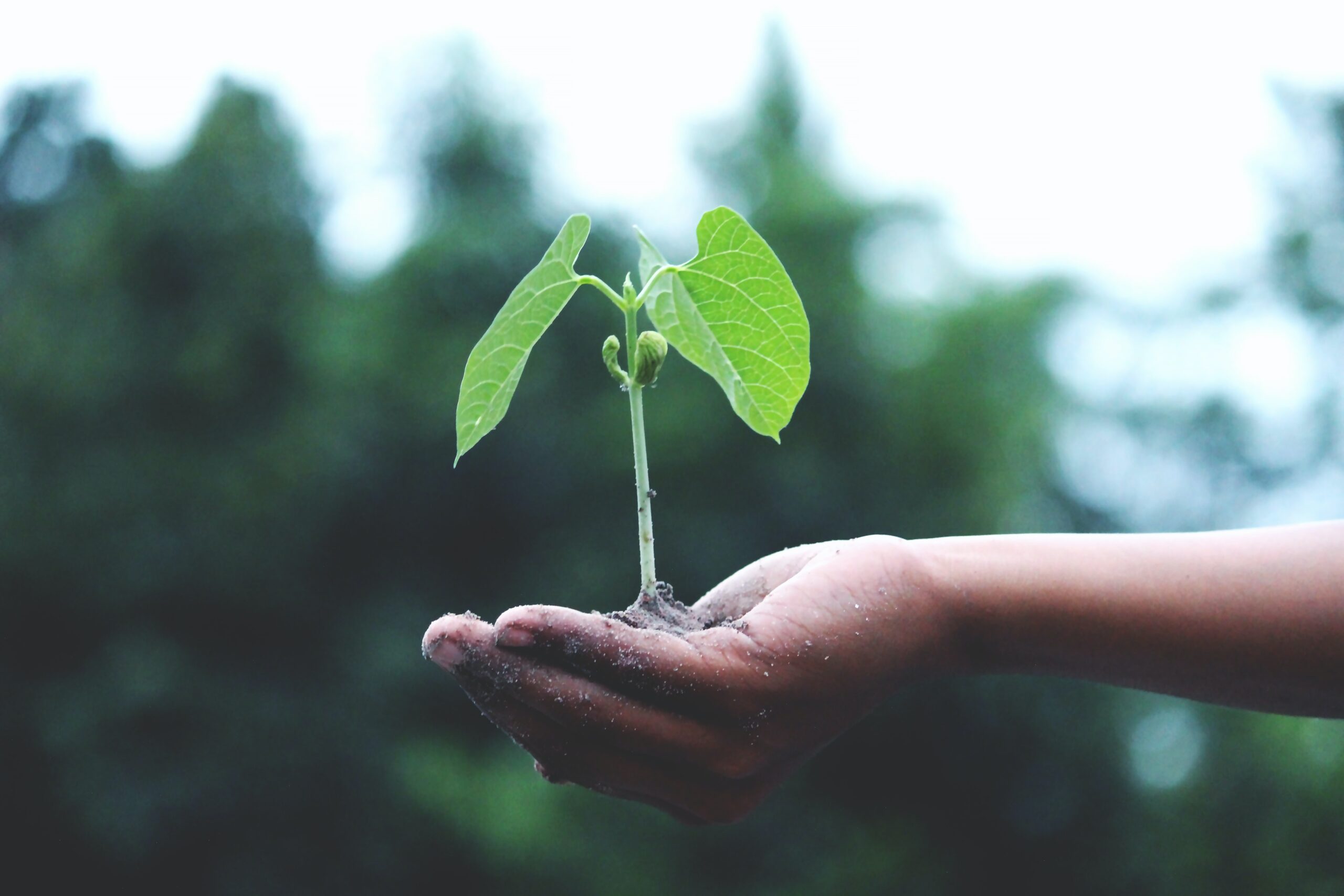Hello and welcome to the September 2023 edition of the Zero Waste LCR Food for Thought blog.
This monthly round-up of food-related dates features tips, recipes and facts which aim to help Liverpool City Region residents cut down on food waste to protect our planet for future generations…
Food Waste in Liverpool City Region
According to the Waste Composition Analysis 2021/22 – Kerbside report produced by Merseyside Recycling & Waste Authority, food waste across the six districts of Liverpool City Region (Halton, Knowsley, Liverpool, Sefton, St Helens and Wirral) makes up an average of 31.6% of all the kerbside collected residual waste collected, which equates to an estimated 134,107 tonnes per annum. Furthermore, it is estimated that 73.2% of all the food in the kerbside collected residual waste is classified as avoidable (meaning it is disposed of packaged or in a prepared but uneaten condition).
The Good News
The good news is that there are methods that residents across the region can introduce to reduce the amount of food waste. Generating less waste is a pivotal component in reducing the effects of climate change. Beyond creating a more sustainable environment, reducing food waste saves money and provides plenty of chances to get creative in the kitchen – even for those who wouldn’t usually dream of cooking.
So, without further ado, dig in and enjoy!
Organic September (1 – 30 September)
Founded by the Soil Association, Organic September primarily champions the breadth of benefits produced from organic farming and food production.
The annual campaign not only educates people on how organic farming is good for people, plants, animals, and the planet, but also provides an opportunity for organic businesses to unite and promote their respective offers.
Want to learn more? Head here: https://www.soilassociation.org/take-action/organic-living/organic-september/.
Home Composting with Zero Waste LCR
For us, Organic September is a befitting occasion to promote our Home Composting project.
Residents across the six districts of Liverpool City Region (Halton, Knowsley, Liverpool, Sefton, St Helens, Wirral) are eligible to become a member of the Home Composting Network, free of charge.
Upon signing up and becoming members, residents will receive a free compost bin*, a ‘How To, guide, composting tips, and subscription to our composting e-newsletter.
Why compost?
Composting is a great way of turning organic waste (including food scraps and garden trimmings) into a rich fertiliser to use on your lawn and plants. Rather than going to residual waste and feeding climate change, these organic materials can be reused to boost productivity in your garden!
Find out more and sign up today at www.zerowastelcr.com/working-towards-zero-waste/get-involved/.
Sourdough September (1 – 30 September)
Now celebrating its 10th year since being launched by the Real Bread Campaign back in 2013, Sourdough September embarks upon a “mission to help everyone worldwide to discover that life’s sweeter with sourdough”…
As stated on the official website, “the main aims of #SourdoughSeptember are encouraging people to:
- Bake genuine sourdough bread.
- Buy genuine sourdough bread from small, independent bakeries.
- Boost the Real Bread Campaign, the charity behind Sourdough September.”
Furthermore, the Sustainable Food Trust say that:
“Sourdough bread made with local, organic flour is perhaps the most sustainable bread of all. It entirely avoids the chemical fertilisers used in producing commercial wheat and yeast, as well as the carbon used in transporting this wheat and yeast hundreds of miles from source to factory to retail outlets. An organic, sourdough loaf is the ultimate real bread and, what’s more, it tastes fantastic.”
Have we convinced you to embrace the power of sour yet?
If so, you may want to try baking this recipe at home, or stop by your local bakery to purchase some.
National Tofu Day (1 September)
Friday 1 September marks National Tofu Day.
In recent years, tofu has caused great debate. Many food-lovers herald tofu as healthy superfood which can be enjoyed in a variety of ways, while others consider it to be a bland food choice to opt for.
Then there’s the whole environmental debate, with some sources claiming that tofu may have a bigger impact on climate change than some meats.
We’re here to shed some light on matters, and to advise residents across the region what are the best choices to make when purchasing tofu.
How is tofu made?
As explained via nationaltoday.com:
“Tofu is born from curdled soy milk pressed into a solid block and cooled. Preparing tofu is similar to the production of dairy cheese, where you curdle and solidify milk. Unlike cheese making, you need to discard the whey and press the curds to form a solid.”
So, why the controversy?
Global demand for soy has caused “vast amounts of deforestation and habitat conversion in some of the world’s most precious places”, according to WWF.
On first impression, many may make the aversion that we should instantly dismiss tofu on this basis.
However, WWF also caveat the deforestation claim by explaining “over 75% of all soy produced is used to feed animals that we then consume”.
Furthermore, reports such as this one from the Environmental Working Group have illustrated that the greenhouse gas emissions created by 1kg of tofu are less when compared with greenhouse gas emissions created by meats.
Food choices that are friendlier for the environment
That said, there are ways we can purchase both tofu and meat in a way which has less of a detrimental effect on the environment (scroll to the ‘National Burger Day’ section – near the end of our August 2023 Food for Thought blog – to find out more about the latter).
As for tofu, some positive news is that most of the leading brands in the UK avoid using soy from areas of risk – so, it’s likely that if you do purchase tofu from your local store, it will be more ethically in tune with the environment. To be certain that it is, look out for organic food accreditations on the tofu’s packaging.
Taste-ify your tofu!
Whether you’re a long-time admirer of tofu, or you’re yet to be convinced, here is a list of a few taste bud-tantalising recipes which may take your fancy:
- Vegan Tofu Thai Green Curry
- Chip Shop Battered Tofu
- Soba Linguine with Tofu & Spring Greens
- Tofu & spinach cannelloni recipe
- Tofu Minute Steak with Peppercorn Sauce & Pommes Frites
- Tofu Niçoise Salad
- Tofu Saag Jalfrezi
- Loaded Crispy Tofu Tacos
- Tofu Matcha Cheesecake
World Coconut Day (2 September)
Saturday 2 September marks World Coconut Day… And there are plenty of reasons to celebrate!
The coconut plant and its various components provide plenty of uses. Fibres from coconut husks are used to make ropes, mats, mattresses and even car seats, whilst palm fonds from coconut trees are often used as a roofing material. In addition, coconut oil has been lauded for its cosmetic properties, as it is often used on skin and hair.
But the real reason we’re here is to celebrate the nutritious, versatile characteristics which make coconuts such a well-loved food! Adding the likes of coconut water, coconut milk, coconut oil and desiccated coconut to other food items which need using up is a great way of reducing food waste.
Coconuts are used in a variety of dishes, treats and drinks… And the great news is that BBC Good Food features a range of recipes to try at home! Spicy coconut noodle soup, sweet potato and coconut curry, fudgy coconut brownies, and banana, coconut & cardamon bread are just a few of the savoury delights and sweet treats available to peruse.
Zero Waste Week (4 – 8 September)
As quoted on the official Zero Waste Week website:
“#ZeroWasteWeek is an award-winning, grassroots annual awareness campaign that takes place online and on-the-ground.
It helps householders, businesses, organisations, schools, universities and community groups reduce landfill waste so you can save money, preserve resources and protect the environment.”
For the relevance of food waste particularly, Zero Waste Week plays an important role in addressing our need to compost organic foods, whilst also focussing on issues such as how food is packaged, stored, and transported. Reminders to buy loose food items and reuse bags whilst shopping are simple, everyday tips, but their significance should not be underestimated…
In a 2016 report from the Ellen MacArthur Foundation, it was predicted that if behavioural trends continue as they are, there will be more plastic than fish (by weight) in our oceans by 2050. The detrimental effects such pollution would cause is beyond devastating.
As stated via UNESCO’s Ocean Literacy Portal:
“Plastic pollution is undoubtedly an issue that requires worldwide cooperation. Its consequences affect the whole planet and its inhabitants: it threatens ocean health, the health of marine species, food safety and quality, human health, coastal tourism, and contributes to climate change.
Reducing the presence of plastic in our oceans will not only allow us to save marine species and ecosystems, but will improve our overall health and that of the environment in general, helping us fight climate change and working towards a more sustainable future.”
Not wasting food is crucial, but so too is the need to reduce buying foods packaged in single use plastic. Luckily, there are organisations close to home who can help tackle this problem.
Visit our Zero Waste Map to discover a range of refill shops across Liverpool City Region.
National Blackberry Day (12 September)
Tuesday 12 September marks National Blackberry Day.
Occurring during the middle of the peak season for blackberries, this day is mooted as the perfect time to enjoy this delicious fruit.
Where to get blackberries
When it comes to seeking blackberries in a sustainable manner, foraging responsibly or buying local during peak season (August to October) are good points to consider.
Foraging is the act of searching for and picking food – typically wild fruits and vegetables, including blackberries… When it comes to foraging blackberries responsibly, don’t put greed before need! Only pick in areas of abundance and remember to leave some for birds and animals that might also like to eat them. Blackberry plants are typically found in parks or public gardens, so these would be a good place to start your blackberry-picking journey.
Alternatively, some farms offer either fruit picking experiences or fresh produce at onsite shops. The likes of Claremont Farm in Bebington, Wirral, Church View Farm in Lydiate and Lyncroft Farm in Ormskirk are just a few examples in and around Merseyside.
Buying your blackberries from local, organic retailers – as featured on our Zero Waste Map – is also a good option to consider.
While some supermarkets do sell organic fruits such as blackberries, it’s key to note that these typically have a higher carbon footprint and do not usually have the same taste quality as local produce, due to fresh food transportation and shelf life, among other factors. That said, we understand that the general busy nature of life gets in the way, and that buying fruit from the supermarket is sometimes the only option! And if convenience plays a big influence on how you shop for blackberries (and in general), then supermarkets aren’t the only way to go…
Apps such as Oddbox, Fruitly, Olio and Too Good to Go are just a few online delivery methods you can pursue. The best part? All these apps play a key role in preventing food waste!
What are the best ways to enjoy blackberries?
Fruit lovers will know that eating blackberries just as they are is a juicy burst of goodness that pleases the taste buds.
However, just like all other fruits and vegetables, blackberries can become overripe if they are not eaten in a timely manner. This is where storage options and homecooked recipes save the day…
As stated on the Love Food Hate Waste website, blackberries are best stored in their original packaging in the fridge and are also suitable for home freezing!
Blackberries are also incredibly versatile and can be enjoyed in a number of homemade recipes. This article from Delicious Magazine features a whopping 37 blackberry recipes which you can try at home. Featuring sumptuous savoury delights and a range of sweet treats, this article is testament to how you can make the humble blackberry go the extra mile!
Liverpool Global Goals Week (15 – 24 September)
2030 Hub’s Liverpool Global Goals Week takes place from Friday 15 – Sunday 24 September and serves as a reminder to residents within the city and the rest of the region of the stark challenge climate change presents – and ways in which we can fight back.
For the relevance of this blog, one of the 17 SDGs (Sustainable Development Goals) set out by the United Nations back in 2015 is ‘No Hunger’.
Food waste is not only a significant contributor to climate change, but it is also a deprivation to people who are subject to food poverty. Alarmingly though, as outlined in this report by Edie, none of the 17 SDGs are on track to be achieved by 2030, with the progress of ‘No Hunger’ declared as ‘stagnating’.
Liverpool and its fellow City Region districts all have a big part to play in getting the goal of ‘No Hunger’ back on track. Householders, businesses, organisations, schools, universities and community groups can collectively contribute towards this goal – in addition to all of the other significant SDGs – and it will be interesting to listen and learn from the discussions which Liverpool Global Goals Week presents on the path to creating a better world.
British Food Fortnight (16 September – 1 October)
As stated on the official Love British Food website:
“British Food Fortnight 2023 takes place 16th September to 1st October 2023.
This is the 22nd year of the national celebration of the diverse and delicious food that Britain produces.
British Food Fortnight 2023 is set to be the biggest and most popular yet with communities and organisations across the country making plans to take part.”
Schools, hospitality providers, various NHS Trusts, the University Caterers Commission, retailers, care homes, communities and food festivals will all be taking part in the annual event, while Love British Food’s Twitter, Instagram and Facebook pages will all be a hive of activity.
With sustainability and climate change high on the agenda, this event serves as a timely reminder of why buying British fruit, vegetables, meat, dairy and seafood are all tasty, nutritional choices which are better for the environment.
Find out how you can get involved here: https://www.lovebritishfood.co.uk/british-food-fortnight-2023.
International Eat an Apple Day (16 September)
Saturday 16 September is International Eat an Apple Day and the good folks at Love Food Hate Waste have a whole host of information on how you can store, eat and avoid wasting this firm favourite – with seasonality and nutritional information also available!
Whether you like your apples just as they are, added to sweet or savoury dishes, or even in a smoothie, visiting the Love Food Hate Waste website will send you on your way to celebrating this day in delicious style.
Fun fact: Apples have been hailed as a superfood which can reduce the risk of many major diseases, including diabetes and cancer. They can also promote weight loss and gut health – it’s little wonder why the saying “an apple a day keeps the doctor away” has sealed its status in society!
World Paella Day (20 September)
Wednesday 20 September is World Paella Day!
As stated on the official World Paella Day website:
“World Paella Day is a recognition to the most universal plate of Spanish gastronomy. A day in which the Valencians share our great dish with the rest of the world to celebrate, beyond recipes and ingredients, the internationality of the paella. A meal of humble Valencian origin that has transcended all borders. With eight million yearly searches on the internet, making it the fourth most important dish on the planet.”
For us, this savoury Spanish special is a wish dish in terms of preventing leftover rice meat, fish and / or vegetables from going to waste.
To celebrate, we have rounded up a few recipes which may be of interest for you to try at home:
- Easy Paella Recipe | Love Food Hate Waste
- Summer vegetable paella recipe | Zero Waste Scotland
- Leftover Turkey Paella | The Zero Waste Kitchen by Christine Tizzard
- Paella Less Waste – deafvegan (jimdofree.com)
Seed Gathering Season (23 September – 23 October)
Organised by the Tree Council, their official website states:
“Our annual Seed Gathering Season encourages everyone to join us in gathering seeds, fruits and nuts and nurturing the trees of the future. Beginning on 23 September, the autumn equinox, Seed Gathering Season is the perfect start to autumn. 2023 will mark our 23rd Seed Gathering Season, a fantastic way to get everyone from volunteer Tree Wardens and member organisations to local communities and families to start growing their own trees.”
Among the resources on offer from the Tree Council are a Seed ID Guide and a Guide to Spotting Tree Seeds.
If you’re wanting to get involved in this year’s seed gathering season, the official website of local woodlands, The Mersey Forest, offers great advice on how to do so. Visit here to find out more: https://www.merseyforest.org.uk/news/get-involved-this-seed-gathering-season/.
That’s a wrap!
Thank you for taking the time to read our Food for Thought blog – we hope you’ve enjoyed it and we’ve given you some great take-aways (no pun intended) on how you can reduce food waste and make sustainable-savvy decisions in a tasty manner!
Please note, with the exception of MRWA-published documents, external links feature within this article are not officially endorsed by MRWA and are for reference and information purposes only.


